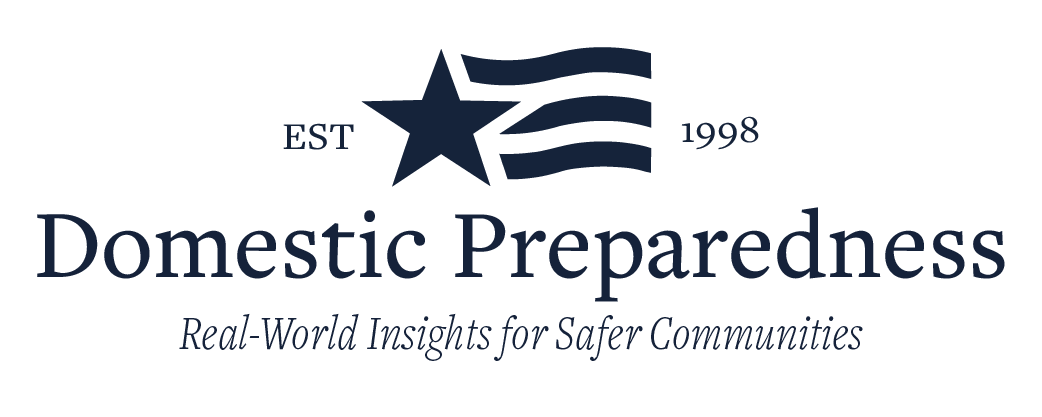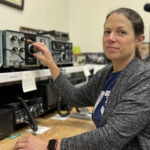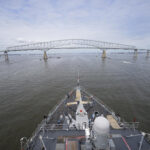A plane slams into a skyscraper, a coal mine explodes, a deep-water oil platform sinks – and, for those with loved ones in or close to the site, time stops. As long as the search for possible survivors continues, family members hold their breath and wait.
When a mass-casualty incident (MCI) occurs, there is always more than one group of victims. Obviously, the first group includes those persons killed or seriously injured in the incident. The second group, however – the families of those in the first group – is often overlooked. The basic responsibilities of the agencies and organizations that respond to mass-casualty incidents are, quite correctly, focused primarily on those who are injured or missing; for practical, legal, and moral reasons, though, they also must address the needs of the secondary victims – the families of those killed, injured, or missing.
The most important priority, in such situations, is assuring those families that the best possible care is being provided for the injured victims – and the most careful search is being made for those missing. However, such assurance can come only from the receipt of accurate information. The dissemination of incorrect, or incomplete, information is almost always worse than having too little information available. The families of those injured or missing have a rightful expectation that the information they are provided about their missing or injured loved ones is the best, most accurate, and most recent information available. Once that basic trust is broken, it is very difficult to recapture.
The Time Factor & Family-Support Considerations
The response-and-recovery operations following a catastrophic mass-casualty incident may stretch on for days, weeks, or even months. Long-term incidents that occur in the community often do not need complete logistical family support, however; other events, such as airliner crashes, by their very nature often include many victims from outside the local area. The families of victims will often come to the scene, or to other incident-response facilities, in search of answers.
Victims’ families hold a special status – they may, for example, justifiably be made privy to information that has not yet been widely released. However, although family members cannot be allowed to impede the rescue or recovery process, it is important to keep in mind, at all times, that they too are victims.
When it becomes clear that the response to an incident is likely to stretch over an extended period of time, a special facility should be established for family members just as soon as possible. Such facility should include, at a minimum, a family support area with a meeting room large enough for all concerned family members to be briefed at one and the same time. Additional space also may be required – for clergy, mental health personnel, law enforcement and medical examiner interviews, and the print and broadcast media, as well as for other purposes.
Other recommended capacities/capabilities should include housing, feeding, and medical support. Families will have the same needs as anyone else – food, shelter, and safety. Emergency-management teams sometimes, but not always, take care of these needs for the families of victims, but more often than not it is the entity responsible for the incident – e.g., the airline – that assumes responsibility for such costs.
The benefits derived from establishing and maintaining a special facility in the aftermath of a mass-casualty incident not only help the families involved but also ease the work of those involved in the response efforts. When an important public announcement related to the incident is ready, for example, gathering the families together becomes a much simpler task. Equally important is risk reduction – if families can depend on a specific location or meeting site as a reliable source of information, they are less likely to put themselves in harm’s way by showing up at the incident scene, for example, or at the nearest firehouse or police station or other staging point for responders and/or investigators. Finally, there are also some efficiencies of scale to be gained by having all families present at a single facility.

Joseph Cahill
Joseph Cahill is the director of medicolegal investigations for the Massachusetts Office of the Chief Medical Examiner. He previously served as exercise and training coordinator for the Massachusetts Department of Public Health and as emergency planner in the Westchester County (N.Y.) Office of Emergency Management. He also served for five years as citywide advanced life support (ALS) coordinator for the FDNY – Bureau of EMS. Before that, he was the department’s Division 6 ALS coordinator, covering the South Bronx and Harlem. He also served on the faculty of the Westchester County Community College’s paramedic program and has been a frequent guest lecturer for the U.S. Secret Service, the FDNY EMS Academy, and Montefiore Hospital.
-
Joseph Cahillhttps://www.domesticpreparedness.com/author/joseph-cahill
-
Joseph Cahillhttps://www.domesticpreparedness.com/author/joseph-cahill
-
Joseph Cahillhttps://www.domesticpreparedness.com/author/joseph-cahill
-
Joseph Cahillhttps://www.domesticpreparedness.com/author/joseph-cahill






